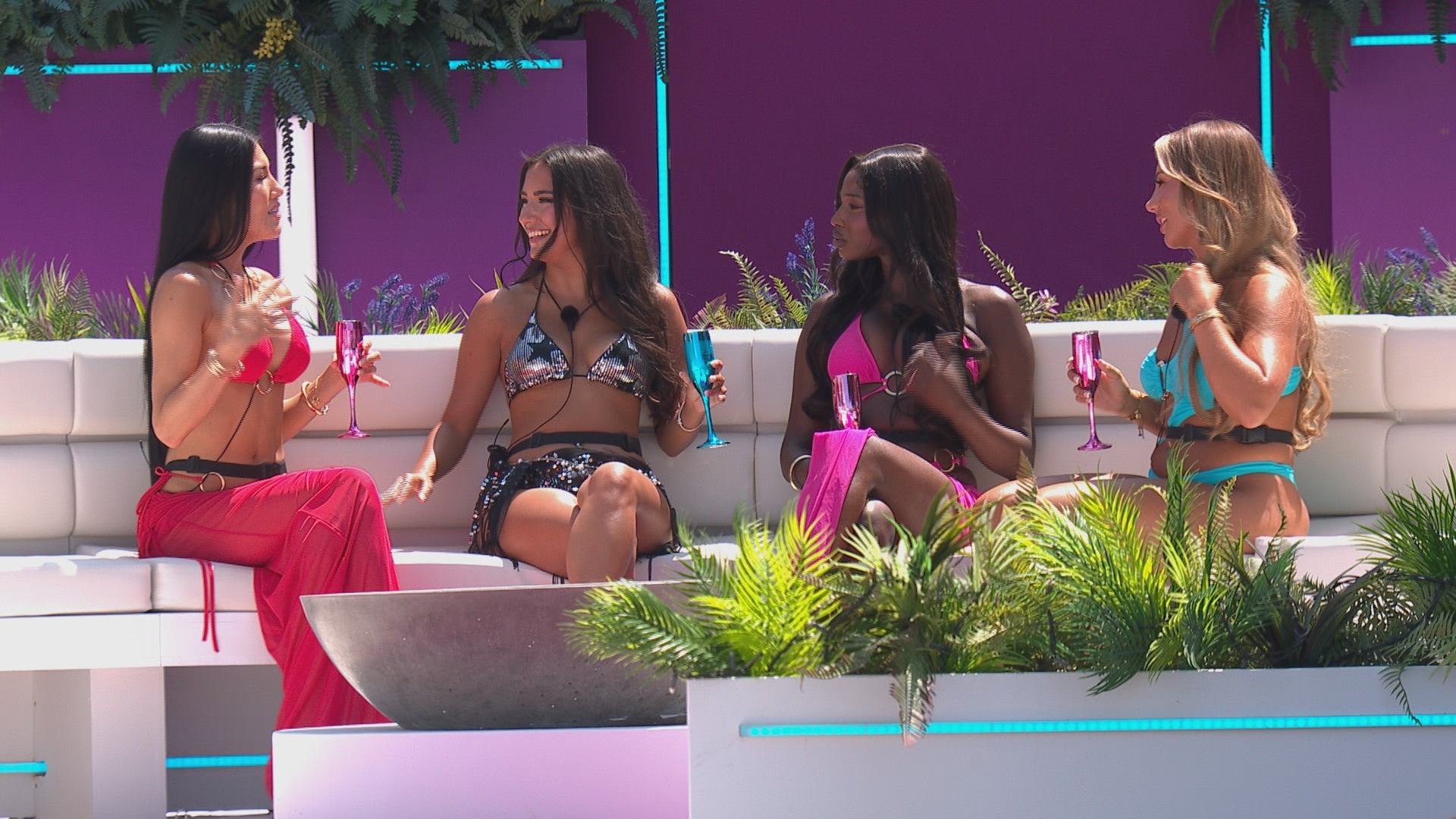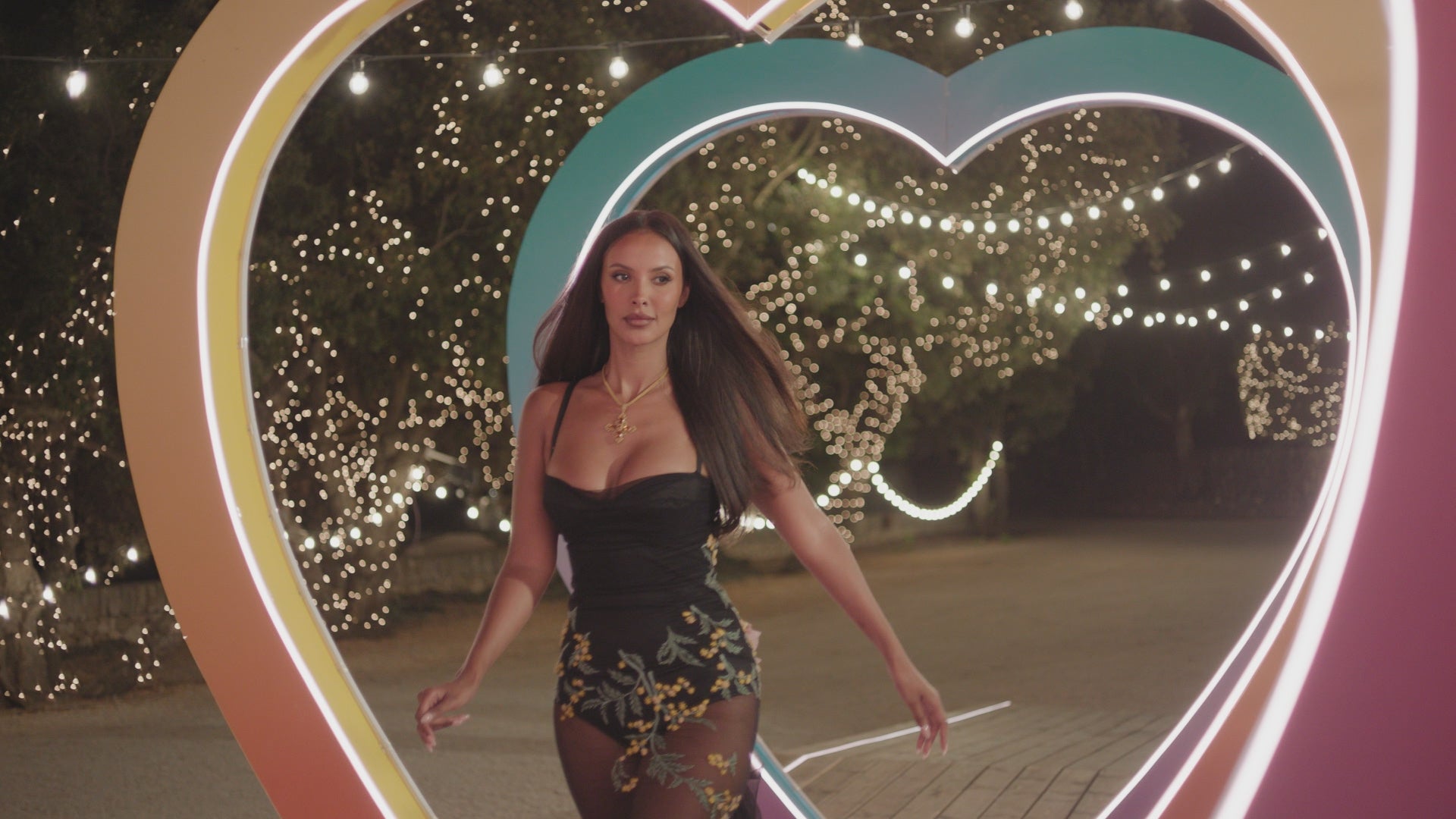In the trailer for the latest season of Love Island, presenter Maya Jama swivels around on a pink office chair to confront a boardroom of faux-executives, whose outfits are an unholy collision of swimwear and business casual. “I want more drama, more bombshells, more break-ups, more make-ups,” Jama demands. The working set-up – which involves a table decked out like a swimming pool, complete with tiny flamingo inflatables – may be knowingly cartoonish, but the whole thing feels a bit on the nose.
It’s not hard to imagine that, in recent months, similar conversations have been playing out in actual ITV boardrooms, albeit with a slightly more panicked tone and far fewer decorative pineapples. That’s because in recent years, Love Island has started to feel like a reality franchise on the wane.
Back in its 2019 heyday, when golden couple and future influencer royalty Molly-Mae Hague and Tommy Fury lost out to eventual winners Amber Gill and Greg O’Shea, the finale drew in more than 3.6 million viewers. But when the second season of Love Island: All Stars limped to the finish line in February, only 913,000 tuned in.
Indeed, over the past few years, the mood in the villa has been flatter than a rationed-out glass of Prosecco left outside in the Mallorcan sun. Intrigue has indeed been in relatively short supply, despite efforts to shake things up last year by, erm, inviting TOWIE star Joey Essex to join the show, an ITV multiverse crossover that might have worked in 2014 but felt a bit desperate a decade on.
So, will Jama actually get the drama she has requested from the show’s 12th season, or will the format continue to be about as disappointing as a shrivelled up pool lilo? It’s always hard to extrapolate from the first episode, but all the early signs are reasonable, even good.
After Iain Stirling’s voiceover takes us on a journey through the newly refurbed villa (which, apparently, has “loads of extra goodies”, a line that lands as the camera pans over an exercise bike that appears to have been plonked at random in a corridor), we’re introduced to the female contestants. They almost immediately strike up a girls’ bathroom type of camaraderie, sharing what they like and dislike in a potential partner.

“I quite like a man that looks a bit dead,” declares Megan, an energy broker from Dublin who moonlights as a musical theatre performer (her most recent role was a “fit Ugly Sister” in Cinderella), before clarifying that she means this in a “Tim Burton” way, rather than a cadaver way. Glaswegian Alima, meanwhile, says she “[doesn’t] like a guy that has a lot of Instagram Highlights”, with no further explanation, and payroll specialist Meg has an aversion to men in flip-flops, which might prove a major hurdle for holiday romance.
The producers (the real ones, not the central casting models wearing ties over immaculately waxed chests in the ad) have thrown in an opening twist worthy of Cilla Black. For the first time, the girls don’t see the boys that they’re about to couple up with; instead, they have to pick their partner based on their “dating profiles”, which include only rudimentary details: age, height and an encapsulating quote.
This being Love Island, those quotes sound suspiciously like they were written by a robot raised entirely on episodes of grindset podcasts. “I like to play hard and work harder!” promises personal trainer Dejon. “I love to play, so I work very hard.” What does any of that actually mean? I have no idea, and the girls don’t seem to, either. Later, gardener Tommy as good as admits that he used ChatGPT to come up with his one liner when Megan calls him out, too, which doesn’t bode so well for his wooing skills.

From here, it’s pretty much Love Island by numbers: contestants accidentally offending one another within a few moments of meeting, others bonding over shared values (ie. both being fond of their nans). Until Jama slinks back in with another curveball – a new bombshell has arrived, and she’s… American. Toni, who has apparently flown in direct from Las Vegas, has the chance to break up one fledgling couple, and promptly opts to couple up with taxi driver Ben (clearly she didn’t think his profession was “giving dad”, like one of the other girls did).
That leaves Shakira, an enjoyably garrulous 22-year-old from Burnley, and the rest of the female contestants, on shaky ground. If she doesn’t pair off with someone new, she’ll be booted out of the villa tomorrow; if she does, one of her rivals will be catching the first Jet2 flight back to London.
It’s not exactly ground-breaking stuff: some variation on this “twist” has played out in almost every Love Island premiere over the past few years, for all the shocked expressions it provokes. But with a likeable bunch of islanders, at least some of whom seem like they’re genuinely looking for love rather than clout, and the promise of more silliness to come, this feels like a flip-flop clad step back on the right track for the franchise.







